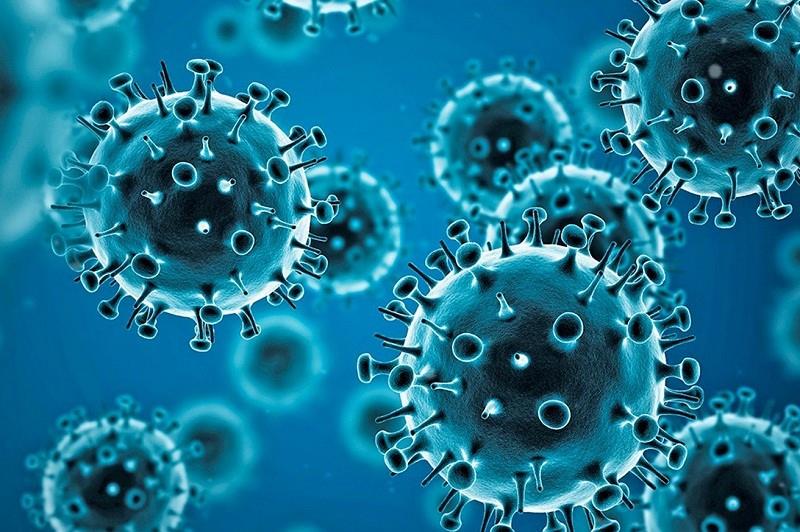New Covid-19 signs seem to occur every day. Though in May 2020, the Centers for Disease Control and Prevention’s (CDC) list grew six, this doesn’t mean it includes the entire spectrum of symptoms doctors are seeing. The main manifestations of Covid-19 are still mainly respiratory - cough and shortness of breath, as well as a fever. However, it doesn’t stop there.
Symptoms of Covid-19 are appearing all over the body. Since the virus is so new, research is still preliminary, however, this is what is known so far about some of the more worrying symptoms and complications.
1. Rashes
According to a March 2020 report in The Journal of the European Academy of Dermatology and Venereology (JEADV), 20 percent or 18 of 88 Covid-19 sufferers experienced skin-related symptoms. Some of these symptoms appeared at the beginning of the disease and others after hospitalization.
Rash and hives are the most common skin-related symptoms that occurred on the trunk of the body, and most cleared up in a few days. These symptoms are not linked to the severity of Covid-19.
2. Guillain-Barre Syndrome
Medical experts discovered that some Covid-19 patients experience Guillain-Barre syndrome. This rare condition is linked to various viral infections, and it prompts the immune system to attack healthy nerves. The main symptoms in the Covid patients were weakness and a burning sensation in the legs, as well as some facial paralysis, which appeared five to 10 days after other symptoms.
3. Toxic shock syndrome
There have been reports of children having systemic diseases reminiscent of toxic shock syndrome and Kawasaki disease. Most had tested positive for the coronavirus however some had not. Toxic shock syndrome is another possible side effect of coronavirus that’s caused by bacteria and one of the main symptoms is a sudden fever of 102 or higher.
4. Strokes
One of the most dangerous complications of Covid-19 infection has been strokes, often in very young patients. This Covid-19-related complication also tends to occur in sicker individuals, according to a March 2020 study in The Lancet.
This happens because a person gets an inflammation of the interior of the blood vessel and there is a tendency to get clotting. Strokes occur partially due to an over response to this virus and this is all part of the collateral damage.
5. Loss of smell or taste
Loss of smell or taste also accompanies other viral infections, but more so with the new coronavirus. According to multiple studies, 68 percent of people with Covid-19 (40 out of the 59) reported losing their sense of smell. A total of 71 percent reported no taste, as compared with 16 percent and 17 percent of people who had tested negative.
6. Heart issues
Heart problems in Covid-19 patients have also been noted, with some people even dying of cardiac arrest. This might be due to the fact that the virus can actually infect heart muscle, however, it’s also possible that the heart issues stem from the body’s response to the invader, with clotting playing a role.
7. Kidney injury
In fact, 15 percent of Covid-19 patients might develop kidney injury. Coronavirus has been found in the kidneys, which msks the injuries likely “a combination of the virus itself being transported to those organs leading to some invasion plus the inflammatory over-response that occurs when the virus is present in those tissues.
As with strokes and heart issues, clotting might be to blame. Tons of little capillaries perform the filtering functions of the kidney, getting rid of waste. When there is blood clotting, the capillaries plug up and block off.






Comments